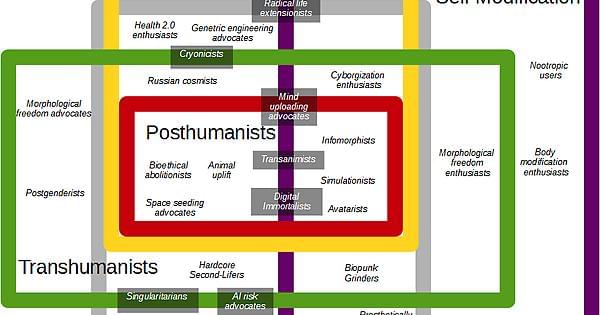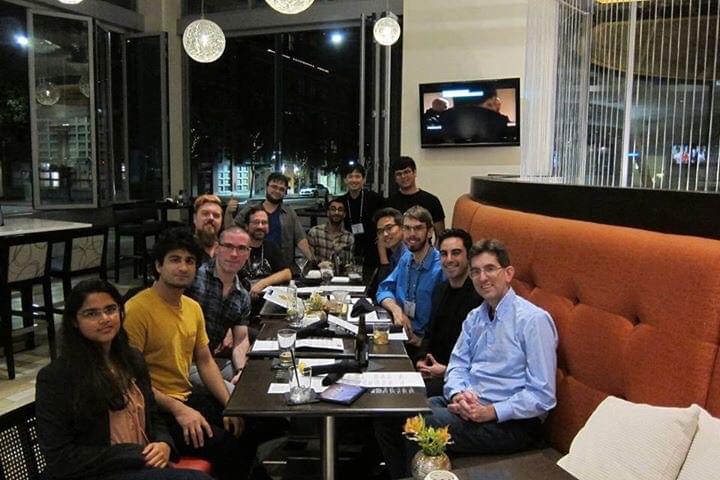A new study that analyzed new data segments suggests there are around 300 million habitable planets in our Milky Way Galaxy alone.
A bizarre, volcanic comet has violently erupted, spewing out more than 1 million tons of gas, ice and the “potential building blocks of life” into the solar system.
China-Shenzhou-14 Return/Landing
Posted in futurism
In this video, you will see#Elon Musk on Artificial Intelligence and how #A.I am going to change the world in the #future.
An Opinion Response by Michael Ulrich For this question, the answer considers the constraints and definition of personal identity. Consider the implications, every copy has, at some point, the same mental information that is unique to your brain’s origination. At the …
An Opinion Response to, “If Simulated Fire Can’t Burn Wood, How Can a Simulation Really Think, Feel or be Conscious?” by Michael Ulrich.
Carboncopies attended the Future of Neurotechnology With: Human Intelligence + Artificial Intelligence open discussion with Bryan Johnson and David Eagleman. A picture at our annual Whole Brain Emulation dinner in San Diego. Randal and Jevon after the discussion.
Ray Kurzweil is an author, computer scientist, inventor, futurist and a director of engineering at Google. Kurzweil is a public advocate for the futurist and transhumanist movements, and gives public talks to share his optimistic outlook on life extension technologies and the future of nanotechnology, robotics, and biotechnology.
Recorded 2013
The announcement comes from the journal Science, which published Phase 1 results of a small clinical trial for a vaccine technology that aims to cause the body to create a rare kind of cell.
“At the most general level, the trial results show that one can design vaccines that induce antibodies with pre-specified genetic features, and this may herald a new era of precision vaccines,” William Schief, PhD, a researcher at The Scripps Research Institute and study co-author, told the American Association for the Advancement of Science (AAAS).
The study was the first to test the approach in humans and was effective in 97% – or 35 of 36 – participants. The vaccine technology is called “germline targeting.” Trial results show that “one can design a vaccine that elicits made-to-order antibodies in humans,” Schief said in a news release.









